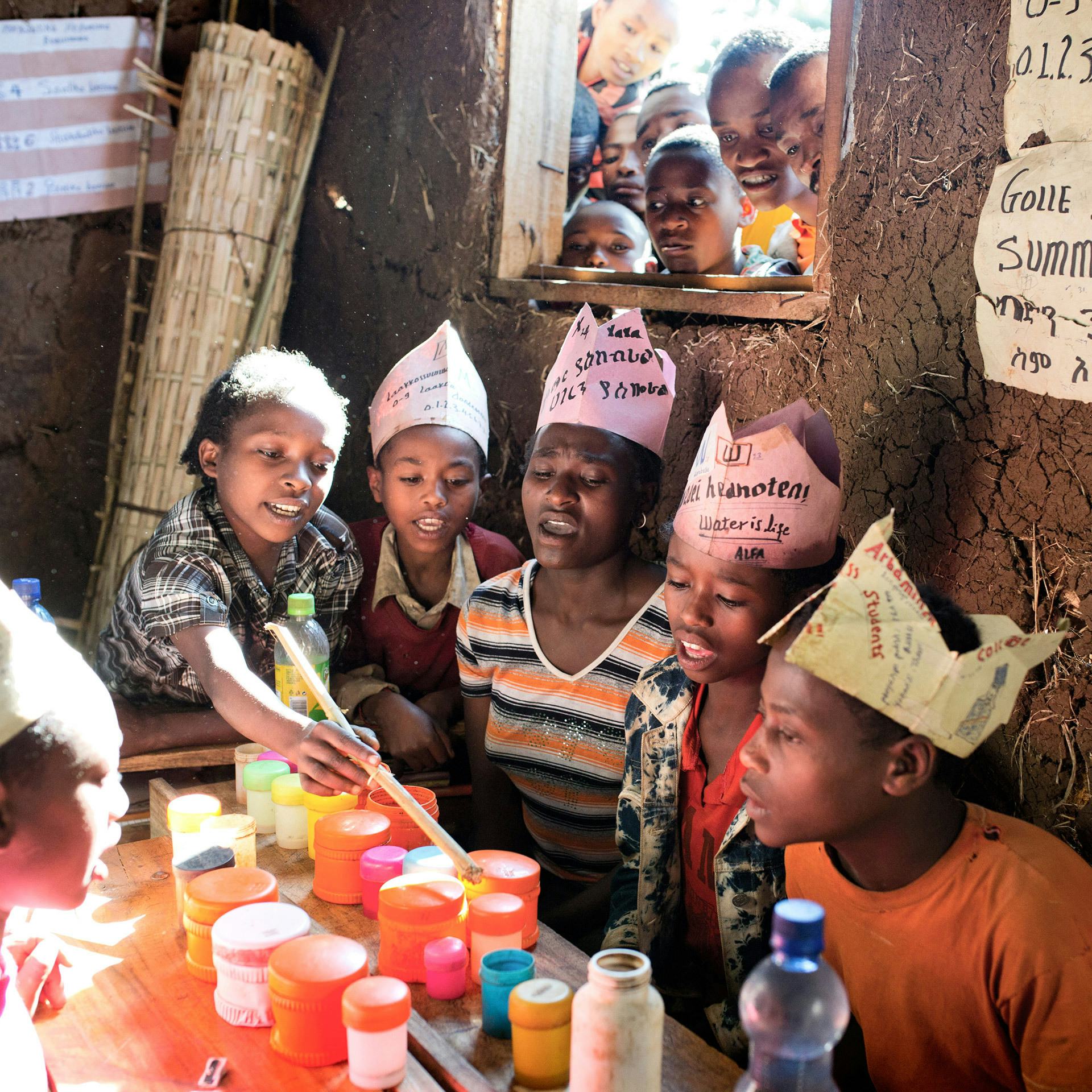Our aim is to advance dignity, justice, and transformational change in criminal justice systems in the global south.

Our aim is to advance dignity, justice, and transformational change in criminal justice systems in the global south.

Prisons in many countries across the global south have very high rates of overcrowding – sometimes as high as 500%. A significant contributor to overcrowding is the excessive use of pretrial detainment. In more than 50 countries, over half of all prisoners are being held on pretrial detainment (also called on remand) – meaning they have been accused of a crime, but their case has not yet been heard. Currently there are an estimated 3 million people on remand around the world.
Children and adults on remand can languish in prisons for months and even years waiting for their cases to be heard, even when accused of petty, non-violent crimes. This tends to primarily affect the most vulnerable people – the very poor, the marginalised, and women, and the impact on them is significant. Factors contributing to the excessive use of remand include under-resourced and inefficient justice systems, lack of access to legal aid, poverty, and discrimination.
Legatum is piloting work in Uganda to try to prove a model that can tackle this issue at the ground level, and that could then be scaled up.
In June 2022, Legatum began partnering with six local organisations in Uganda to address the issues of lengthy pre-trial detainment and the related issue of prison overcrowding.
The Advancing Justice programme supports children and adults on remand to gain timely access to justice through legal representation. Working in communities and within the justice system, the programme seeks to advance justice, reduce pre-trial detainment, and prevent people from entering the system in the first place.
After promising progress in the first 18 months, the programme was continued for a further two years in January 2024.
Local partners are engaging in the community, at police stations, in adult prisons and juvenile remand homes, and with the judiciary. Working with existing justice stakeholders, the programme works to prevent unnecessary imprisonment, ensure timely access to justice for those on pretrial detainment, and facilitate community reintegration of those released from prison.
Activities include strengthening existing community-based dispute resolution models, encouraging and supporting alternative sentencing for petty offences, promoting existing legal rights, providing pro bono legal aid, and supporting reintegration of released prisoners through community engagement, psychosocial support, and economic empowerment.
Over the first eighteen months of the programme, it benefitted more than 7,500 people, including the provision of legal support for more than 2,000 people on remand. To date, concluded cases have resulted in 27% of those accused being acquitted or having their case dismissed due to lack of evidence, while more than 60% of all cases resulted in pretrial detainees being released from prison, contributing to a reduction in overcrowding in the programme area’s prisons and juvenile remand homes.
Thanks to the efforts of programme partners and the cooperation of the justice sector, the project has already seen a significant decrease in time on remand for juveniles and adults, and a significant increase in access to pro bono legal aid. In 2024, through greater engagement with justice actors from the community level to the courts, the programme is working to realise a measurable reduction in the number of people entering prison on remand. Partner organisations are also working to expand the reach of low-cost and replicable means of increasing access to legal aid services, to provide even more prisoners on remand with the legal services they need to have their day in court.
The following statistics help illustrate the scale of the issue in Uganda—one that our programme is actively working to address.
Over the first eighteen months of the programme, it benefitted more than 7,500 people, including the provision of legal support for more than 2,000 people on remand.
Dubai International Financial Centre
Dubai, United Arab Emirates





